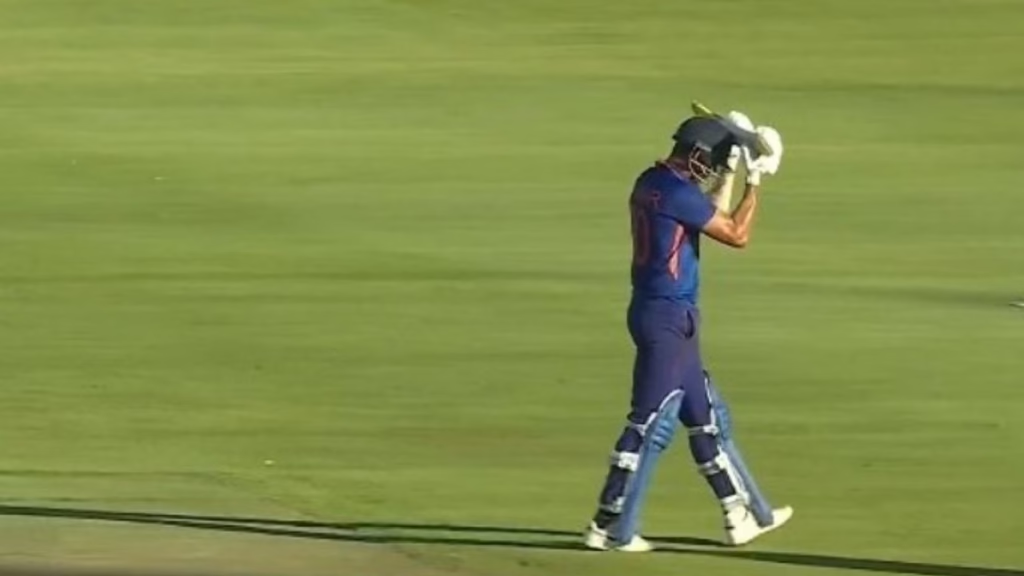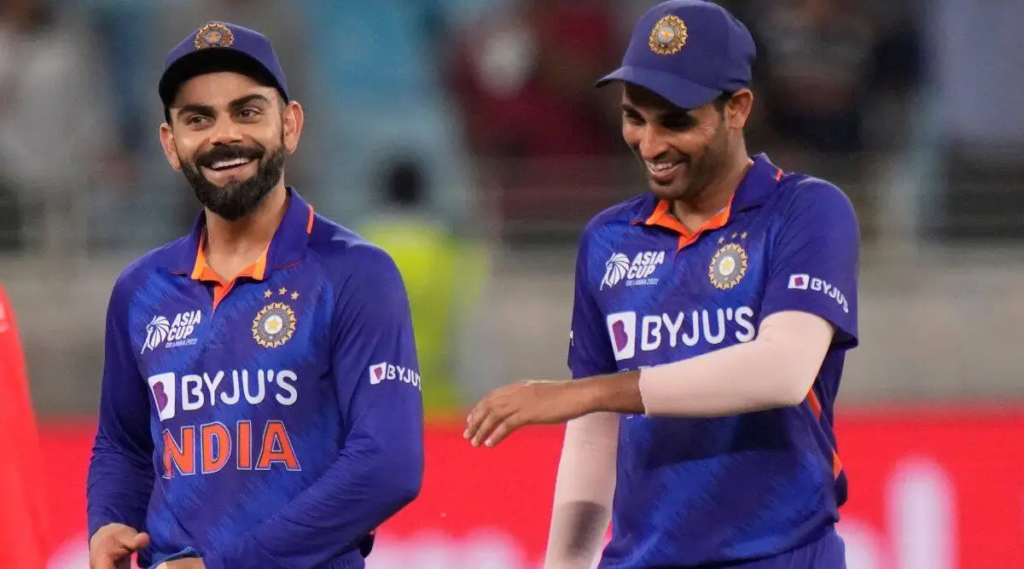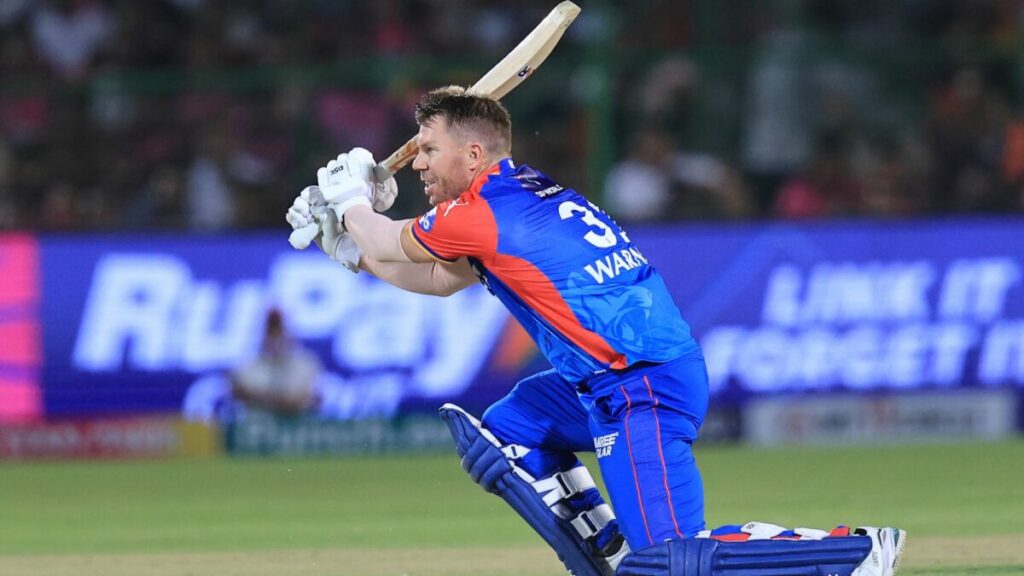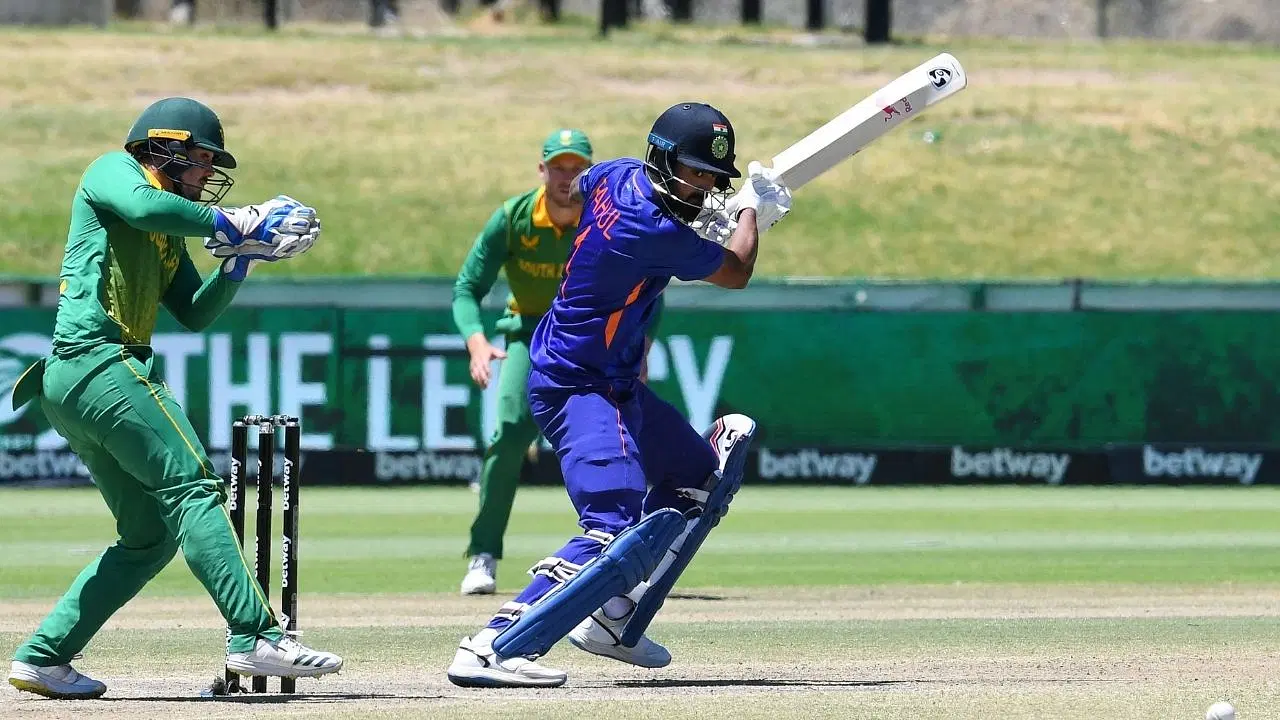Why the ODI Innings Break Deserves Attention
In One Day International (ODI) cricket, every over, boundary, and wicket is followed with intense interest. Yet one essential part of the match is often overlooked: the innings break. This short interval between two innings might seem like a breather, but it plays a significant role in determining the momentum and outcome of a game.
This detailed guide covers everything about the innings break time in ODI cricket, including its official duration, reasons, strategic significance, and how it fits into the overall flow of the match.
What Is the Official Innings Break Time in ODI Cricket?

In ODI matches governed by the International Cricket Council (ICC), the innings break is a mandatory 45-minute interval between the first and second innings.
Duration Breakdown:
- Length: 45 minutes
- When it occurs: After the first team completes their 50-over innings (or earlier if all out)
- Applies to: All ODI matches, including bilateral series, World Cups, and ICC tournaments
During this time, teams regroup, strategize, and prepare to either chase a target or defend a score.
Why Is the Innings Break 45 Minutes Long?
The 45-minute interval is not just a pause; it serves multiple important functions:
1. Physical Recovery
After spending nearly 3.5 hours on the field, players—especially bowlers and fielders—need recovery time. The break allows:
- Hydration and nutrition
- Medical treatment or physiotherapy
- Changing into fresh gear for the next innings
2. Tactical Adjustment
Coaches, analysts, and captains use this period to:
- Review performance in the first half
- Analyze pitch and conditions
- Adjust bowling strategies or batting order based on the opposition’s game plan
3. Broadcast Utility
From a commercial perspective, broadcasters use this interval for:
- In-depth analysis and expert commentary
- Replays of major moments
- Advertisements that generate substantial revenue
Can the Innings Break Be Changed?
Yes, while the standard break is 45 minutes, umpires and match referees can alter the duration in special circumstances.
Weather or Light Delays
If the first innings is delayed due to rain or poor light:
- The break can be reduced to a minimum of 10 minutes
- This is done to ensure the match completes within the allocated time window
Day-Night Matches
In day-night ODIs:
- Light and dew are closely monitored
- However, the break duration remains the same unless playing conditions require adjustment
For example, in a rain-affected ODI between India and Australia, officials reduced the innings break to just 15 minutes to compensate for lost time.
What Happens During the Innings Break?

Here’s a look at what takes place behind the scenes:
On the Field
- Ground staff inspect and repair any pitch or field damage
- Field setup for the second innings is adjusted
In the Dressing Room
- Players rest, rehydrate, and mentally reset
- Teams review match footage and strategize for the second innings
- Batting orders may be shuffled based on pitch conditions
In Broadcast Studios
- Experts analyze key moments and predict second innings outcomes
- Fans get a chance to engage with replays and in-depth statistics
Impact of the Innings Break on the Match
Many matches have witnessed game-changing moments immediately after the break. Here’s why this interval is strategically critical:
Momentum Reset
A team finishing strong in the first innings can lose rhythm, while the chasing side regains focus and energy.
Pitch Conditions
The break can allow pitch behavior to change slightly:
- Drying out under sun or floodlights
- Dew formation in evening games
Psychological Shift
The mental reset can affect how captains lead and how batters approach their chase or defense.
Comparison with Other Cricket Formats
| Format | Innings Break Time | Total Match Duration |
|---|---|---|
| ODI | 45 minutes | Approximately 7.5 hours |
| T20 | 20 minutes | Approximately 3.5 hours |
| Test Match | 10 minutes (between innings), 40 min (lunch), 20 min (tea) | Up to 5 days |
ODIs have the longest innings break among limited-overs formats due to the high physical demand of 50 overs per side.
Frequently Asked Questions (FAQs)
How long is the break between innings in ODI cricket?
The break is officially 45 minutes, allowing players and officials to rest and reset before the next innings begins.
Can the break be shortened?
Yes. In case of weather or other interruptions, match officials can reduce the break to a minimum of 10 minutes.
Why don’t they start the second innings immediately?

The break ensures fair play by giving both teams time for recovery, planning, and pitch maintenance.
What do players do during this break?
They eat, hydrate, change gear, discuss game strategies, and receive medical attention if required.
Does the break affect how the second innings unfolds?
Absolutely. Teams may use it to tweak their approach, which can lead to momentum shifts post-break.
Conclusion: It’s More Than Just a Break
The innings break in ODI cricket may last just 45 minutes, but it’s a crucial time that reshapes the game. It helps players recover, coaches strategize, and fans stay engaged. Whether you’re watching live in a stadium or on your couch at home, now you’ll understand what goes on during this vital interval.
What’s your take on innings breaks? Have you seen matches where the game flipped after the break?
Share your thoughts in the comments below and don’t forget to share this article with fellow cricket lovers.
Also, explore more in-depth cricket stories and match insights at NewsNominal for your daily dose of sports knowledge.








